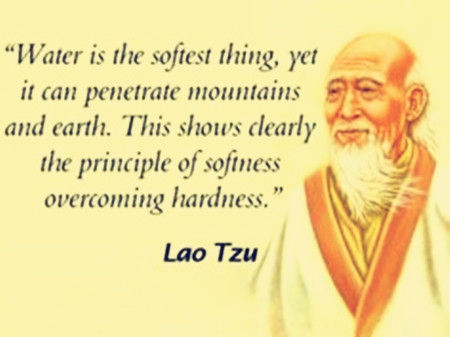Subject: The unknown unknown.
The effect we proclaim to have on our understanding of our lives is bound up in our own sense of security. If we feel secure our security brushes aside any doubts we may naturally have of what happens next. If we have lived a life plagued by doubt or worse real hardship, our normal assumptions are bound to be nervy. If on the other hand your sense of well being is high because you have managed through luck or good planning to have wandered through life relatively unscathed then there is the presumption that tomorrow will be ok.
Philosophical doctrine rather than religious doctrine usually provides a positive influence in this need we all should have to promote ones sense of happiness.
Religious doctrine relays on the carrot and stick approach and is dependent on following rules, rules which can't be challenged and therefore you have little ownership. The best rules in life are the ones you have developed as making sense of your own set of circumstances. They are not slavishly constructed by and in a time when the world was so very different and the environment in which you lived was very constrained.
Today's world of unimaginable communication and knowledge where myth is both exploded and entrenched depending on which page you turn to and the past has limited connectivity with modern conditions.
It therefore seems to me that the evaluation and reevaluation of our purpose as human beings, if we have any purpose at all, has to come from within.
The question "do we have purpose" is as much a self conceit. an egocentric failure of evolution which has brought us to this moment when we consider ourselves special.
Philosophical ruminating, from Confucius to Taoism, Buddhism and Shintoism all make great play on the individual's contribution to his or her awareness and his or her actual irrelevance as a path to a happy contented life.
 The social structure of Confucius with its recognition of the importance of harmonising the constant interplay of people through self imposed rules. Taoism drawing on nature to provide the backdrop which is the force which commands our thoughts and therefore our actions. Qi that fundamental concept which instructs the Taoist to look outside their realm of knowing and embrace a world of dynamic interrelation, a sort of force that fills the spaces between our independent reasoning and somehow ties us into being a part of something greater, something much more complex. As an analogy in physics, the concept of 'dark matter' makes sense when the maths demand that extra mass to make their equations work. Shinto speaks of the importance of space between objects as having equal importance as the objects themselves and Japanese art is full of this depiction of space between the brushstroke and their absence on the page. Buddhism evokes not only self analysis but also the reassessment of the individual and their constant striving, through the awareness of our impermanence.
The social structure of Confucius with its recognition of the importance of harmonising the constant interplay of people through self imposed rules. Taoism drawing on nature to provide the backdrop which is the force which commands our thoughts and therefore our actions. Qi that fundamental concept which instructs the Taoist to look outside their realm of knowing and embrace a world of dynamic interrelation, a sort of force that fills the spaces between our independent reasoning and somehow ties us into being a part of something greater, something much more complex. As an analogy in physics, the concept of 'dark matter' makes sense when the maths demand that extra mass to make their equations work. Shinto speaks of the importance of space between objects as having equal importance as the objects themselves and Japanese art is full of this depiction of space between the brushstroke and their absence on the page. Buddhism evokes not only self analysis but also the reassessment of the individual and their constant striving, through the awareness of our impermanence.Be it the space between, or the force which fill the gaps or the demolition of our self serving importance, all speak to the unknown rather than the known.
If we can handle that then the unknown unknown to paraphrase Donald Rumsfeld's famous known known quote, then you can satisfy yourself that the answers nearly always lie in the question
No comments:
Post a Comment